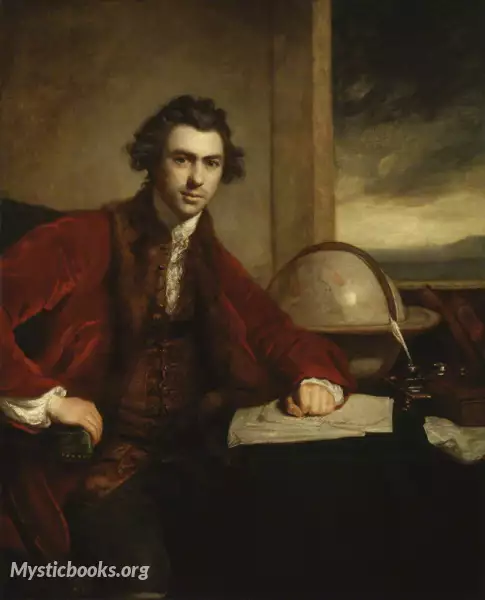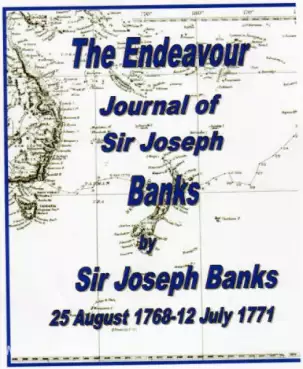
Timeline
Title
Country/Nationality
Joseph Banks
Sir Joseph Banks, 1st Baronet was an English naturalist, botanist, and patron of the natural sciences.
Banks made his name on the 1766 natural-history expedition to Newfoundland and Labrador. He took part in Captain James Cook's first great voyage (1768–1771), visiting Brazil, Tahiti, and after 6 months in New Zealand, Australia, returning to immediate fame. He held the position of president of the Royal Society for over 41 years. He advised King George III on the Royal Botanic Gardens, Kew, and by sending botanists around the world to collect plants, he made Kew the world's leading botanical garden. He is credited for bringing 30,000 plant specimens home with him; amongst them, he was the first European to document 1,400.
Banks advocated British settlement in New South Wales and the colonisation of Australia, as well as the establishment of Botany Bay as a place for the reception of convicts, and advised the British government on all Australian matters. He is credited with introducing the eucalyptus, acacia, and the genus named after him, Banksia, to the Western world. Around 80 species of plants bear his name. He was the leading founder of the African Association and a member of the Society of Dilettanti, which helped to establish the Royal Academy.
Books by Joseph Banks

The Endeavour Journal of Sir Joseph Banks from 25 August 1768-12 July 1771
In this Journal, Joseph Banks records almost daily observations of the journey of the ship the Endeavour on the first of James Cook’s voyages to the Pacific during the years 1768-1771. There are also more detailed accounts of the events, people, flor...